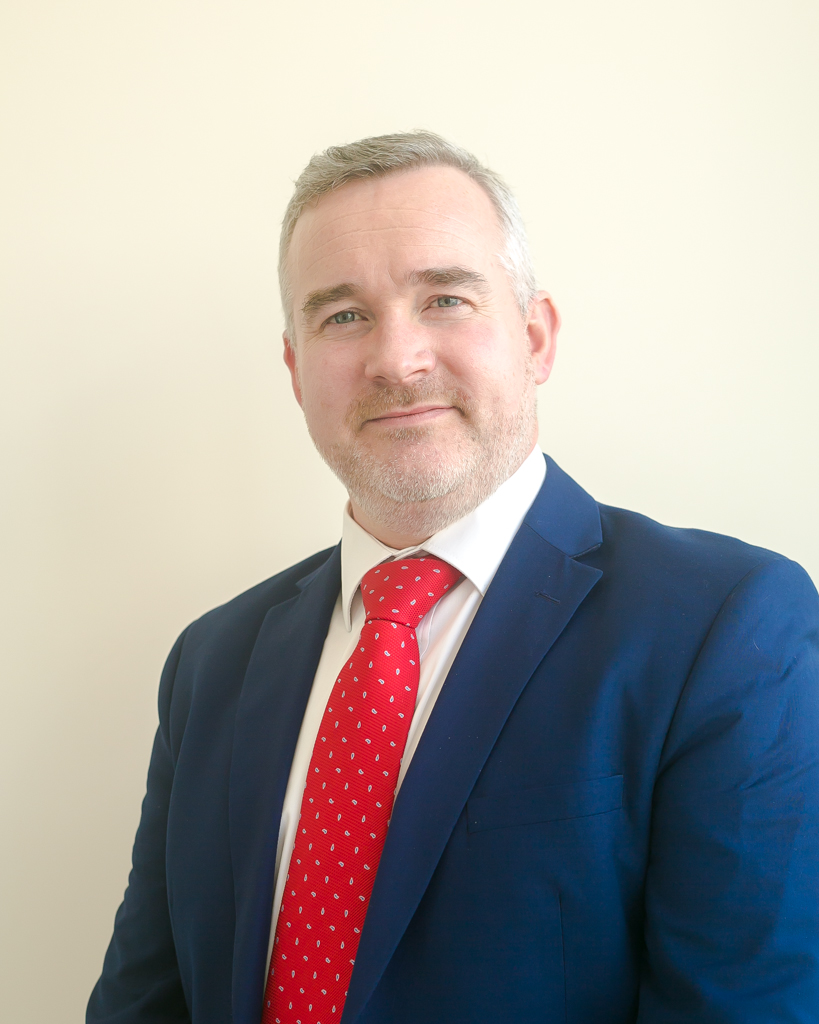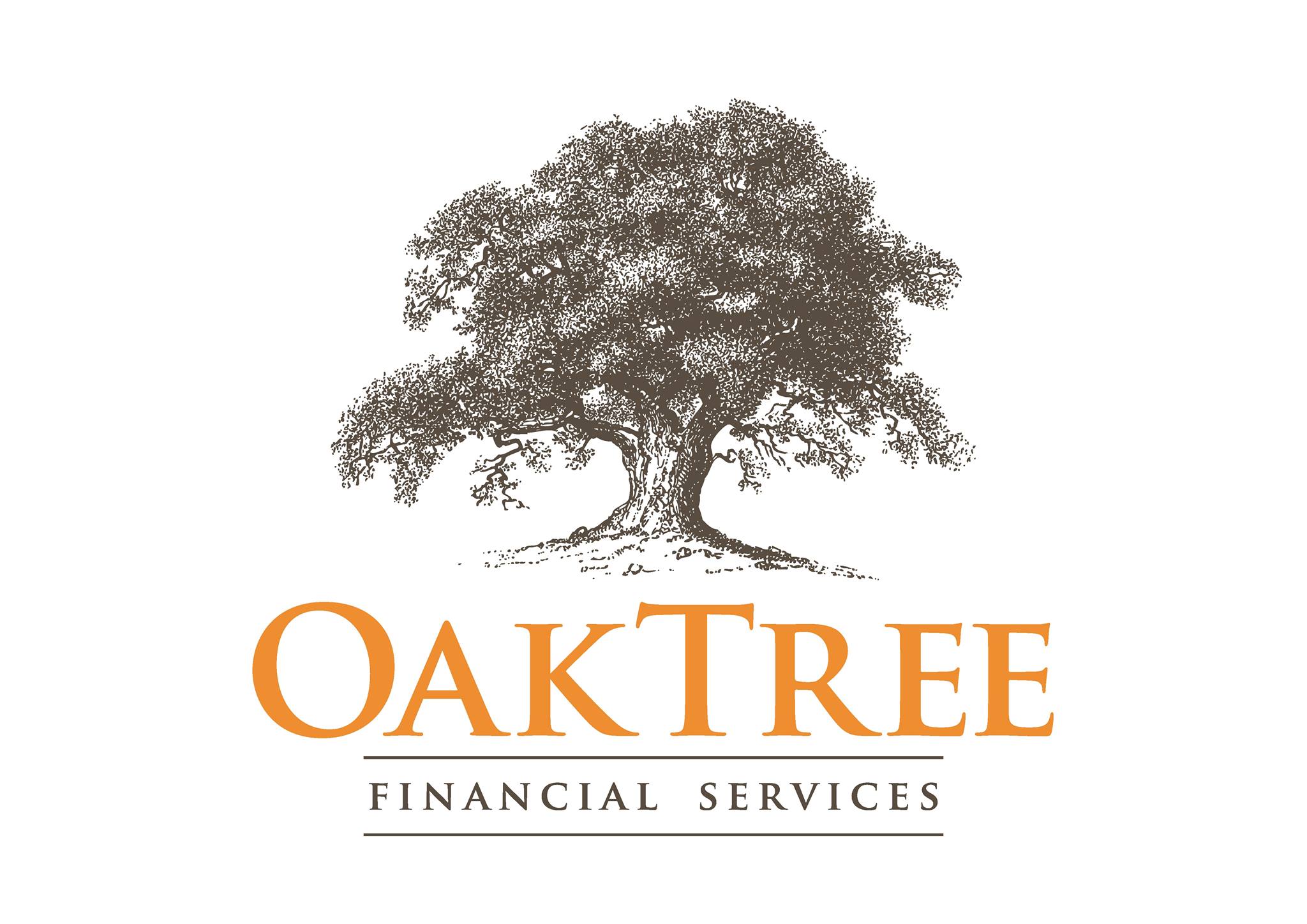Whether it’s stopping smoking, losing weight, eating more healthily or getting fitter, most of us will make at least one New Year’s resolution, but how many of us will actually go on to achieve it?
How long do New Year’s resolutions last?
According to research, 63% of adults fail to keep a New Year’s resolution – two-thirds giving up even before the end of January!
If you’re eager to stick at it, you’re more likely to succeed if you break your resolution up into smaller, specific goals. So, if one of your resolutions is to have healthier finances, we’ve broken this down into easy (and, hopefully, more manageable) steps for you.
1. Budget
Keeping track of your income and expenses will give you an objective view of your finances. It can also highlight areas where you can trim your expenses or make the most of your income. You can break this down even further into specific tasks, like writing a groceries list before you go shopping, or setting a weekly budget for luxuries.
2. Protect
Whether it’s updating your home insurance policy to cover any new Christmas gifts, or making sure your Income Protection policy covers any recent change in salary, the new year is a good time to review your insurance needs. That way, if you need to make a claim, you know you’ll be properly covered.
3. Save
As well as securing the living standards you want when you’re working, it’s also important to think carefully about putting some of that income aside for your future. Research from Aviva has found that 59% of adults surveyed are worried about having enough money to last them in retirement, with only 13% comfortable that their savings will last.
Generally speaking, the more you save and the earlier you start saving, the better shape your financial assets are likely to be in when you need to draw on them.
4. Invest tax-efficiently
Pensions are an ideal method to invest efficiently with tax relief available on the premium contributions. For most this amounts to 41%. So if you are thinking that you can afford €100 per month from your pocket into a pension, this can amount to almost €170 per month actually being invested to your pension.
Over the longer term, the effect of compound interest can make a big difference to your overall savings, so it makes sense to save as much as you can in a tax-efficient way.
5. Seek advice
Discussing your financial needs with an expert can make managing your finances simpler.
We can help you establish a financial plan that’s designed around your specific needs, make sure it stays on track, and provide ongoing advice that will help you achieve your goals.

Adrian Godwin is a Senior Financial Consultant and the co-founder and managing director of Oaktree Financial Services. With a background in accounting and tax advising, Adrian specialises in estate planning and wealth management.Adrian offers clients reassurance through best practice solutions. His unique skill set and qualifications enable clients to develop comprehensive life plans that align with their goals.


